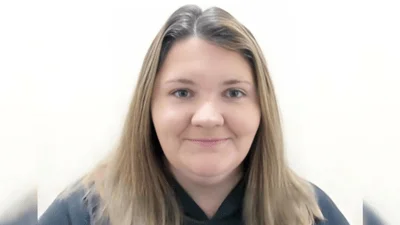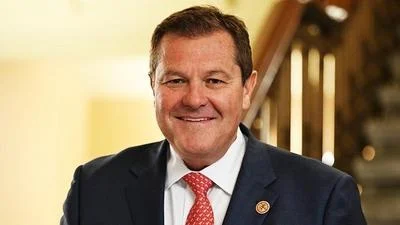AFSCME has asked its members if they would agree to go on strike in the event that no agreement for continued negotiations with the governor can be reached. | Contributed image
AFSCME has asked its members if they would agree to go on strike in the event that no agreement for continued negotiations with the governor can be reached. | Contributed image
American Federation of State, County and Municipal (AFSCME) officials sent a letter to Illinois Gov. Bruce Rauner this month outlining a new settlement “framework” in which the union said it would be willing to resume negotiations on a new contract.
Under the new framework, AFSCME would agree to a four-year freeze in base salary increases but continue step increases for the approximately 40 percent of its members who qualify for them.
In addition, AFSCME said it would compromise by having its members pay more in health care costs, but that it would not agree to the 100 percent increase Rauner’s administration is seeking, the State Journal-Register reported.
When Rauner’s office called the move “superficial,” AFSCME leaders proceeded to send a letter to union members on Jan. 13, announcing that it will be holding a vote to authorize a strike between Jan. 30 and Feb. 19. The letter was posted on CapitolFax.com.
“Unfortunately, we quickly learned just how insincere the governor’s professed belief in ‘compromise’ really is,” it said. “Within hours of receiving the union’s letter regarding the new framework, the governor’s office put out a press statement completely dismissing the new terms as ‘superficial’ and — as is their usual pattern — wildly exaggerating the potential cost to the state.”
The Sangamon Sun asked state Rep. Davis Harris (R-Arlington Heights) for his take on the issue.
Q: What are your thoughts on AFSCME scheduling a strike vote?
A: As I understand the process, I do not think AFSCME has scheduled a strike vote yet, but rather AFSCME has asked its members if they would agree to go on strike in the event that no agreement for continued negotiations with the governor can be reached.
Q: Do you find this most recent strike threat concerning?
A: Of course I find it concerning. In the history of the Labor Relations Act going back to 1983-84, there has never been a strike of AFSCME state employees. Given that nearly 30,000 workers are represented by AFSCME, a strike by those workers would seriously hinder the state's ability to provide many needed services to its citizens.
Q: How should the governor respond if AFSCME follows through with a strike?
A: That is a decision for the governor. He negotiates with the public employee unions on behalf of the state and its citizens, so the decision on what to do is his.
Q: How would you like to see the stalled contract negotiations between Rauner and AFSCME resolved?
A: Very simply, I would like to see it resolved with an agreement. Absent an agreement, I would like to see continued good faith negotiations.
Let me add that the entire collective bargaining process is a carefully scripted minuet performed according to state statute. Negotiations, impasse request, ALJ decision, Labor Relations Board decision, impasse, appeal to Circuit Court, request for a strike vote ... all this is being done within an established framework.
We have never gotten this far along within that process, so all of this is precedent setting.






 Alerts Sign-up
Alerts Sign-up